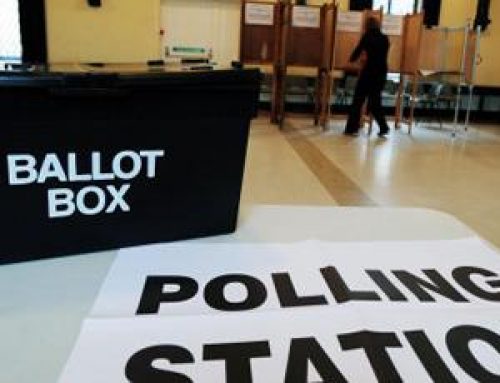Sitting under a parasol in a beer garden, supping a pint of craft ale, the sun shining, Dua Lipa playing on the pub’s sound system, I reflected on how much we used to take simple things like this for granted.
In our businesses as well, if the pandemic has taught us anything, it’s to expect the unexpected; not to assume that circumstances that exist today will be the same tomorrow.
But seeing the beer garden busy, trays of drinks being delivered to tables, I felt a sense of optimism that better times are ahead.
For all the devastation and heartbreak that the last 15 months have brought, and the enormous challenges for so many businesses, some good has come out of it for the future.
Countless small businesses have demonstrated how innovative and nimble they can be, even in the face of the most extreme of situations.
Many have adapted to new ways working, new ways of reaching customers, new products and services, lots of which will endure.
But, at the risk of seeing my pint glass as half empty rather than half full, we shouldn’t be lulled into a false sense of security.
For all the sun may be shining today, there are clouds on the horizon tomorrow – or at least as the summer wears on.
Government support schemes, which have helped millions of small firms and self-employed through the worst, are coming to an end; business rates bills will be coming through the letterbox again; emergency loans will need to be repaid.
And for all the reopening of the economy is well underway, businesses in so many sectors have had their reserves wiped out in their fight for survival.
There are also those who were left out of business support schemes, including company directors, who embark upon the rebuilding process with their finances at rock bottom.
There is still a long road ahead, and it is vital that further obstacles aren’t put in the way of those trying to get their businesses back to good health.
The banks need to take a supportive approach to those seeking finance for growth, and examples we’ve seen of some banks downgrading the credit-worthiness of those who took out emergency government-backed loans need to be stamped out.
Many have recently seen insurance premiums being hiked, at a time when they can least afford it. In some cases businesses have been struggling to get insurance renewals at all. The underlying cause is a hardening of the insurance market, but we can’t have a situation where small firms which have managed to battle through the Covid crisis are scuppered at the last minute by a shortage of affordable insurance. The insurance industry needs to address this urgently.
Small businesses themselves will need to continue being innovative as well. When it comes to ways of paying off debts, less conventional options might need to be considered, such as employee ownership.
While employee ownership has many potential benefits way beyond a means of servicing debt – such as higher productivity and staff retention – I suspect it will be an option more business owners consider as a means of recovery.
The Dua Lipa song which was accompanying my pint was ‘New Rules’. After all the lockdown restrictions, it struck me its title had a new meaning. We can only hope there isn’t a need for new Covid rules in the coming months, but even if not the small business recovery will take time and need support.
Martin McTague, FSB Vice-Chair, Policy & Advocacy




Leave A Comment